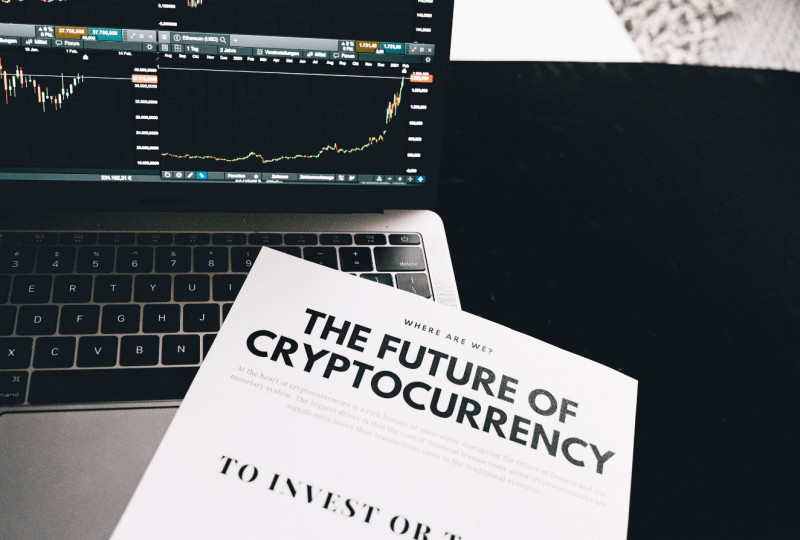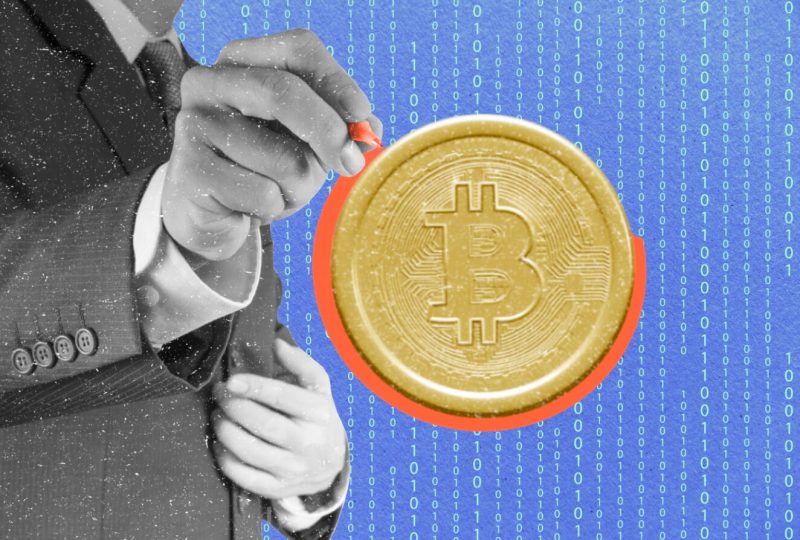Leaders in Cryptocurrency Industry Move to Curb the Highest-Risk Trades
June 26, 2021

On Sunday, two of the world's most prominent cryptocurrency exchanges announced that they will restrict a type of high-risk trading that has been blamed in part for the rapid change in the price of Bitcoin and the gambling atmosphere on similar platforms throughout the world.
The first step came from FTX, which said that it will restrict the magnitude of bets investors may make by decreasing the leverage it offers from 101 to 20 times. Leverage increases a trader's chances of profit as well as loss.
“We’re going to be the ones to take the first step here,” Sam Bankman-Fried, 29, the billionaire founder of the platform, which operates from Hong Kong, said on Twitter on Sunday. “Today, we’re removing high leverage from FTX. The maximum allowed will be 20x.”
Response from Binance
About 14 hours later, Changpeng Zhao, the founder of Binance, the world's largest cryptocurrency exchange, repeated FTX's action, stating that his business had already begun limiting leverage to 20 times for new customers and that it will soon extend this limit to the current clients.
It had initially provided a cap of 125 times, implying that a $1,000 investment could be immediately converted into a wager worth up to $125,000 on Binance. With the new cap, the transaction's maximum value would be $20,000.
“In the interest of Consumer Protection, we will apply this to existing users progressively over the next few weeks,” Mr. Zhao wrote on Twitter.
How it all started
The statements came after The New York Times revealed the speculative transactions provided on FTX and other worldwide exchanges like Binance and BitMEX that accelerated a global crash in May. More than $20 billion in bets were liquidated on cryptocurrency exchanges throughout the world that month.
The Times has questioned Mr. Zhao and Mr. Bankman-Fried about high-leverage offerings — and the risks they pose — on multiple occasions in the last two months.
Mr. Bankman-Fried said on Sunday that lowering the leverage amounted to “a step in the direction the industry is headed and has been headed for a while,” adding that “while we think that many of the arguments are high leverage miss the mark, we also don’t think it’s an important part of the crypto ecosystem, and in some cases, it’s not a healthy part of it.”
The reason why high leverage is dangerous
Traders can borrow large amounts of money while speculating on price changes on global platforms like FTX and Binance. Traders do not purchase or sell cryptocurrencies; instead, they forecast where the underlying assets' prices will go.
Known as derivatives, these bets allow investors to wager on the future price of a cryptocurrency rather than purchasing and selling the underlying coin. They gamble on the price of Bitcoin without ever buying it.
Nonprofessional investors in the United States are not supposed to be permitted to participate in this sort of transaction, but in the past, some amateur investors have found ways to trade on the platforms.
If the price of cryptocurrencies goes against their forecast and they do not have enough collateral in their accounts to back up their bets, leverage makes investors significantly more vulnerable to having their accounts liquidated as a consequence of an automatic margin call.
That is exactly what occurred in May. When cryptocurrency prices began to fall as a result of market-moving events such as China's regulatory crackdown or Tesla's decision to stop accepting Bitcoin payments, exchanges were forced to liquidate the accounts of the most highly leveraged investors before their collateral became insufficient to cover their positions.
“These liquidations are obviously a huge factor in the price crash,” Clara Medalie, the research lead at Kaiko, a cryptocurrency market data provider in Paris, said, recalling the sudden decline in cryptocurrency value in mid-May. “It is a vicious cycle.”
Only a small fraction of traders, Mr. Bankman-Fried remarked on Sunday, use the highest leverage possible. He also argued that FTX had fewer liquidations than other exchanges and he had long tried to “encourage responsible trading.”
Nonetheless, he warned in an interview last week that any attempt to reduce leverage would be met with opposition from some investors. “We would get consumer outcry if we got rid of it, and we’d get very bad press,” he said. “But it might be the right thing to do.”
Is high leverage just marketing or something more?
Mr. Bankman-Fried also recognized that excessive leverage led to the image that exchanges like his supported dangerous trading, even though he asserted this was not a fair conclusion.
Part of the reason why regulators across the globe are looking at Binance, the world's largest cryptocurrency exchange, is because of this image. Since June, financial regulators in the United Kingdom, the Cayman Islands, Hong Kong, Lithuania, Italy, Poland, and Thailand have increased their scrutiny of the exchange, with many of them criticizing its high-leverage derivatives offerings and a new product line introduced this spring that allows customers to buy cryptocurrency-linked versions of stocks like Tesla and Apple.
Mr. Zhao, the Chinese-Canadian founder of Binance and a Wall Street specialist, has stated that the high leverage numbers are only a "marketing gimmick" and that most traders do not utilize them.
Former chairman of the Commodity Futures Trading Commission, Timothy Massad said he supported FTX's move and hoped that other platforms would follow suit. Although Binance and FTX are two of the world's largest exchanges, others, such as Phemex and BitMEX, were still offering 100 times leverage as of Sunday, at least according to their websites.
Mr. Massad suggested that FTX's decision was prompted in part by the company's recent success in raising $900 million in venture capital, the largest amount ever raised by a cryptocurrency exchange. The high-leverage offerings on FTX are more of a reputational liability as Mr. Bankman-Fried looks to expand his platform’s global reach, Mr. Massad said.
“Sam has bigger visions and this move eliminates a flashpoint that might get in the way,” Mr. Massad said. “Take it off the table.”




